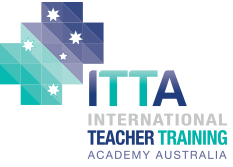
Developing Emotional Intelligence Is Harder Than You Think
Emotional intelligence (EQ) is a person’s ability to recognise and understand emotions and use that information to guide decision making.
As a teacher of leadership and management, I often ask my students if they feel they are emotionally intelligent. Most believe they are, however after further exploration of the topic,


